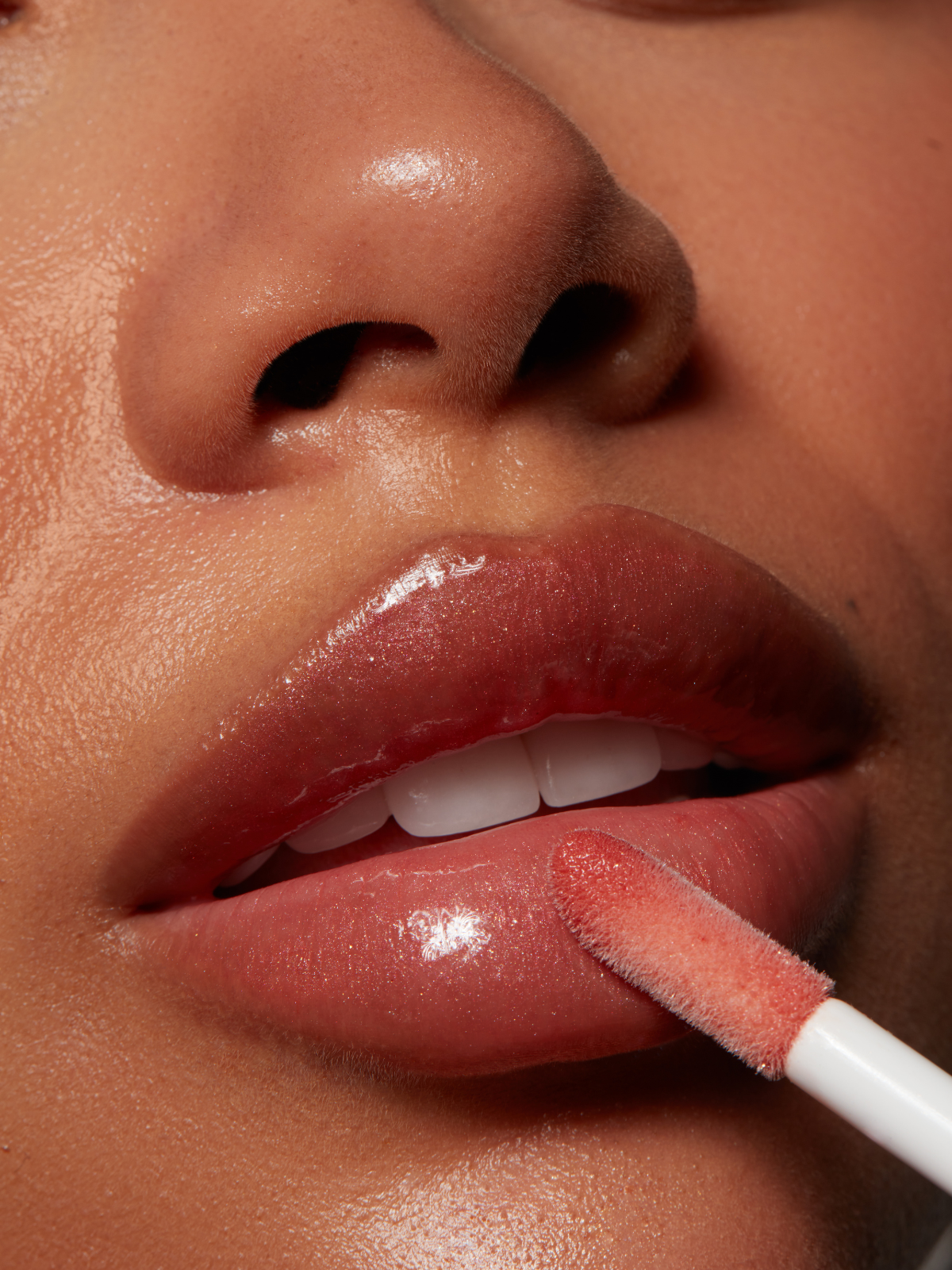Rough facial skin, how to fix it?
Rough facial skin, how to fix it?
Coralie Techer

Rough facial skin can be caused by several factors, more or less important. How to fix it? We tell you everything.
Rough and dry facial skin is characterized by an uneven, grainy or rough texture to the touch at the level of the horny layer. It can also be accompanied by the appearance of red skin or white scales. Rough facial skin can in some cases be considered a skin disease. Fortunately, there are effective solutions to remedy this problem and quickly regain soft and smooth skin texture but also say goodbye to the dull complexion that usually goes hand in hand.
You just need to explore different methods and tips to find the ideal treatment for rough facial skin. By focusing on hydration, exfoliation, appropriate care and good habits to adopt, you can be sure to get baby skin back...

Discover our dark circle serum
What are the possible causes of rough skin?
There are several factors that can contribute to the grainy or rough appearance of the skin, which include:
Dehydration
Lack of hydration is one of the main causes of rough, grainy skin. When the skin does not receive enough hydration, it can become dry, dehydrated and therefore rough to the touch. In some cases this can even lead to keratosis pilaris (small red pimples on the surface of the skin, leaving a grainy feel). To remedy this, you must adopt a beauty routine accordingly but above all drink enough water.
Poor (or no) exfoliation
The accumulation of dead cells on the surface of the skin can lead to a rough texture. If exfoliation is not done regularly or properly, the dead cells can clog pores and make the skin feel rough.
Discover our dark circle serum
Environmental factors
Excessive exposure to sun, wind, cold or extreme weather conditions can damage the skin's protective barrier, leading to dryness and roughness.
Genetic factors
Some people naturally have rougher skin due to genetic factors. Skin texture can be influenced by heredity and may be more prone to dryness and roughness or
Time passing
The natural aging process can also contribute to skin roughness. As we age, the production of collagen and elastin decreases, which can lead to decreased skin elasticity and a rougher texture.
Unsuitable care products
Using harsh products or products that are not suited to your skin type can also cause roughness. Some products contain irritating or drying ingredients that can disrupt the skin barrier and make skin rough.
Underlying medical conditions
Some medical conditions such as eczema, psoriasis or atopic dermatitis can cause rough skin. In these cases, it is important to consult a dermatologist to get an accurate diagnosis and appropriate treatment.
It is essential to identify the underlying cause of skin roughness so that you can choose the right care and treatments to address the problem. If roughness persists despite a good skincare routine, it is recommended to consult a healthcare professional, such as a dermatologist, for personalized medical advice.

Discover our dark circle serum
How to treat rough skin?
To try to regain soft skin, you need to adopt the right routine.
Deep Hydration: Hydration is key to treating rough facial skin. Choose a moisturizer that is right for your skin type and apply it morning and night. Choose products that contain nourishing ingredients such as hyaluronic acid, glycerin, or sweet almond oil. For even more intense hydration, you can also use a hydrating serum before your cream.
Regular exfoliation: Exfoliation is essential to remove dead skin on the surface of the epidermis and promote cell renewal. Use a gentle scrub (based on fruit acid for example) adapted to your skin type once or twice a week. This will refine the texture of the skin and eliminate roughness. Avoid abrasive scrubs (those with large grains) which are totally prohibited for sensitive skin because they can irritate and further harm the skin.
Tailored care: There is no miracle product, but to effectively treat rough skin, you must first opt for cosmetic care specifically formulated for the problem. Look for moisturizing care such as eye serums and face creams or vegetable oils containing soothing ingredients such as aloe vera, rosehip oil or shea butter. Opt for gentle but effective cleansers such as gels containing salicylic acid (an excellent anti-inflammatory). These ingredients help to calm irritation, reduce redness, limit imperfections while restoring the skin barrier. You can also opt for purifying, moisturizing and repairing masks to give the skin a substantial dose of care.
Sun Protection: The sun can aggravate rough skin problems and cause further damage. Always use a sunscreen with a protection factor appropriate for your skin type, even on cloudy days. Adequate sun protection will help prevent skin roughness from worsening and maintain its natural glow.
Balanced diet: A healthy lifestyle is a basic precept. A healthy and balanced diet plays an important role in skin health. Make sure you consume enough antioxidants, essential vitamins and minerals. Favor foods rich in omega-3, such as oily fish, nuts and seeds, which contribute to skin health. Avoid foods that are too fatty, sugary or processed, which can cause skin inflammation.
Rough facial skin can be linked to atopic skin but should not become a source of permanent worry. By adopting good skincare habits and using the appropriate products, you can significantly improve the condition of your skin. The important thing is to moisturize regularly, exfoliate gently, use suitable skincare, protect your skin from the sun (sunscreen every day) and adopt a healthy diet. With a little patience and perseverance, you will inevitably find smooth, soft and radiant skin.

















